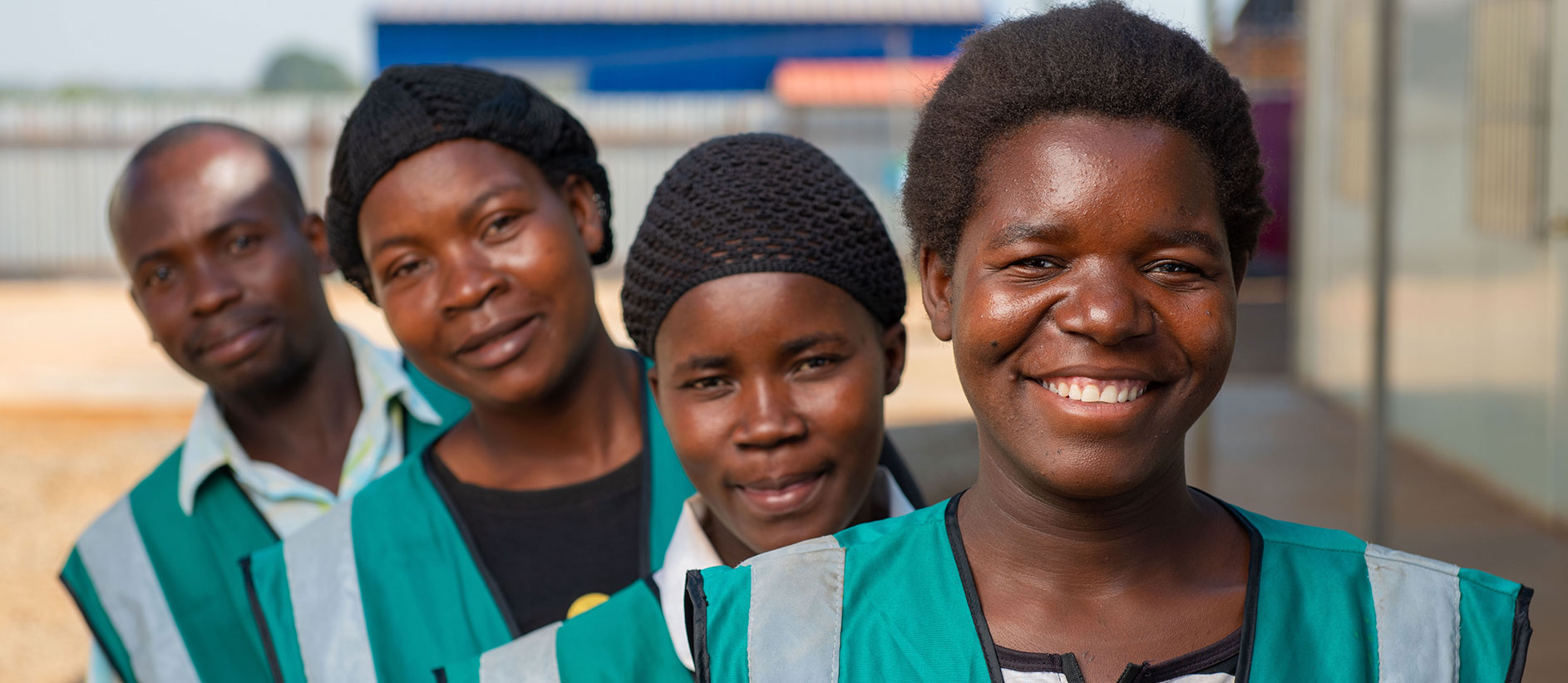The development of energy and infrastructure projects in developing countries often affects the social, economic and political climate of surrounding communities. Consequently, developers must actively engage with local communities, especially women, due to increased risks related to gender based violence and harassment (GBVH), particularly during the construction stage of projects.
JCM, a Canadian independent power producer (IPP), has made a commitment to join the 2X Challenge, which is a joint initiative by a wide range of Development Finance Institutions to promote financing for women and invest in women.
The commitment by JCM includes that at least 30% of its project companies shall strive to meet the 2X qualification criteria for women as entrepreneurs, leaders or employees within five years of initiation of development. It has also committed to 100% of its project companies having a gender equality management plan in place within 12 months of financial close.
To meet its 2X commitments, JCM developed a multi-year gender action plan in 2020. This includes:
- The development of gender action plans for three projects.
- New or revised gender-inclusive policies for all operations.
- The start of four initiatives to advance women in JCM and project companies.
- The provision of multiple trainings and toolkits relating to mainstreaming gender equality in the company.
- The hiring of a gender inclusion specialist (GIS) for the development of projects in Malawi.
- Undertaking a gender assessment at JCM’s operations in Pakistan.
“JCM Power is proud to join the 2X Challenge. We have seen first-hand the benefits of supporting women, and we are committed to taking bold action to strengthen their economic prosperity and improve their livelihoods. We are looking forward to continuing our efforts to foster women’s economic empowerment to affect real and lasting change.”
Christian Wray, JCM Chief Executive Officer and Co-Founder.
Acting on GBVH
Moreover, JCM has committed to empowering local women in the communities where it operates, by focusing on proactive assessment, prevention and monitoring of GBVH risks. JCM experienced first-hand how to readily respond in the face of GBVH during the construction of the Salima solar plant in Malawi.
Reflecting on this experience, JCM has resolved to embed gender issues, and specifically GBVH, in the project development process. JCM is also keenly aware of the need to invest in GBVH prevention as well as response, as incidents can occur despite best efforts to avoid them. As a result, JCM has committed to including more in-depth baseline studies during the feasibility phase to support the development of action plans and address gender-related risks and opportunities, as well as providing the necessary support to victims of GBVH at, and around, project sites.
JCM’s impact on the community
To maximize potential economic outcomes for women in project communities, JCM typically commits to community development programmes that address key issues which align with JCM impact objectives, namely climate change, economic empowerment, women empowerment, health and sanitation and sustainable subsistence-based livelihoods. JCM is working with its specialist consultants to apply a gender lens when developing these programmes.
In addition to gender-specific outcomes, JCM’s projects also drive additional foreign investments, local job creation and improved access to energy, ultimately contributing to more inclusive and prosperous communities.
IFU is an investor in JCM
IFU has invested on a corporate level in JCM and made direct investments in two of JCM’s renewable energy projects in Mali and Pakistan, respectively. Moreover, IFU has in cooperation with FinDev Canada, Swedfund, IFU and FMO provided technical assistance funding to execute the 2X related initiatives over the next three years.

